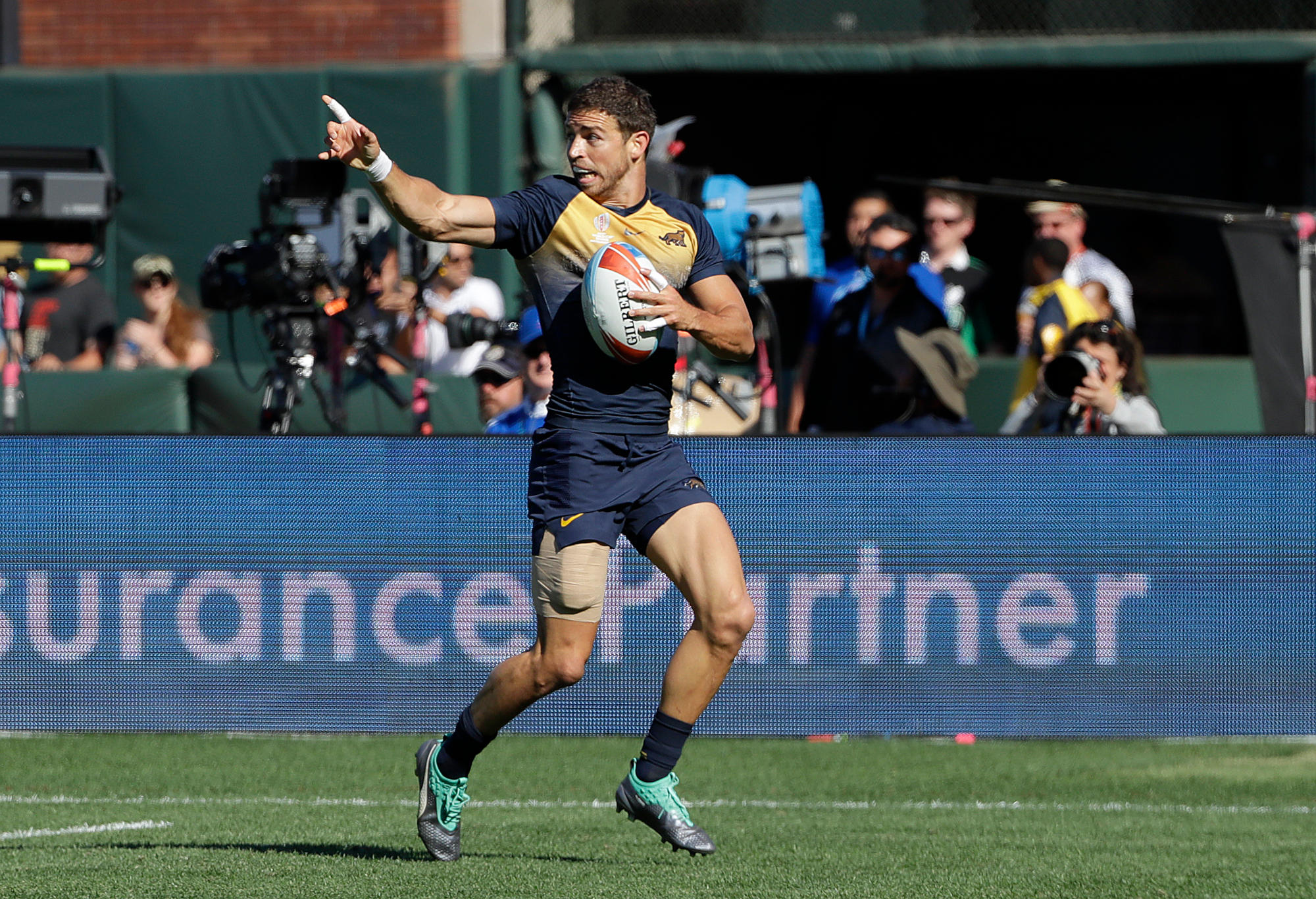Ryan Smith delighted to be off the nudie run after scoring in 50th cap for the Reds
It was a memorable night in more ways than one for the Queensland forward.
Kickers falling over, the ball drifting a mile wide or even backwards of the target, reverse conversions been taken from the perimeter of the dead ball line instead of directly in front of the posts – the early standard of goal kicking I’ve witnessed at the start of the New Zealand Sevens season has been ugly.
It begs the question: Are conversions worth the effort at all in Sevens?
At present in the World Rugby Series you’re allowed up to a maximum of 30 seconds per kick, so if 12 tries are scored in a match and the kickers use the whole of their allotted time on each kick, half of the match is spent on kicks. Is this not an exorbitant waste of time?
Blasphemy! Games and titles have been decided by conversions. This is true, but generally Sevens isn’t won by good goal kicking, so why bother?
In the 2017-18 World Rugby Sevens Series there were 2175 tries scored, of which 1714 were converted. That’s an overall success rate of 63 per cent.
Interestingly, South Africa, New Zealand and Australia, three of the top four sides in the overall standings last season, kicked at below the average conversion rate.
Papua New Guinea, with a 75 per cent success rate, and France, with a 72 per cent success rate, were the best goal-kicking countries on the circuit. They finished in 13th and 17th places respectfully.

(AP Photo/Jeff Chiu)
The standard of goal kicking is getting worse too. In the 2014-15 series the average was 65 per cent. In that series runners-up South Africa, third-place New Zealand and fifth-place Australia all scored below average when it came to conversion success rate. Argentina set the benchmark in 2014-15 with a conversion rate of 75 per cent, finishing in eighth place.
Eliminating the conversion could lead to a proliferation of penalties. This is not desirable.
Neither is punishing genuinely good goal kickers. Imagine if no conversions existed when exceptional goal kickers Ben Gollings and Tomasi Cama were playing. The effectiveness of those two would have been severely reduced. However, their value was surely greater than scoring conversions.
Perhaps conversions should be voluntary, introducing a strategic component as to when and where a team chooses to kick. Tough shots from out wide or that take too much time while chasing a deficit could be avoided, but other chances could be taken.
Sevens has entered the Olympic stratosphere, and any measure that could improve an already attractive spectacle is surely worth at least pondering.